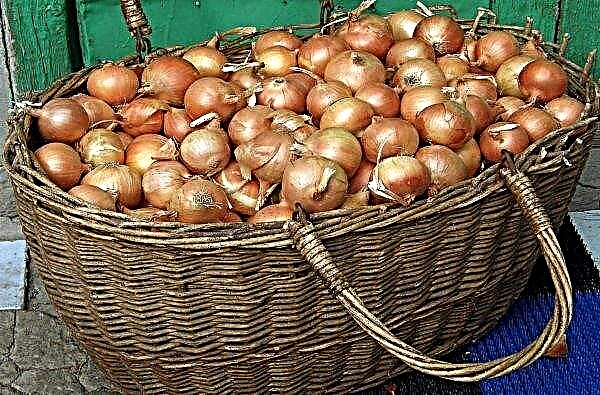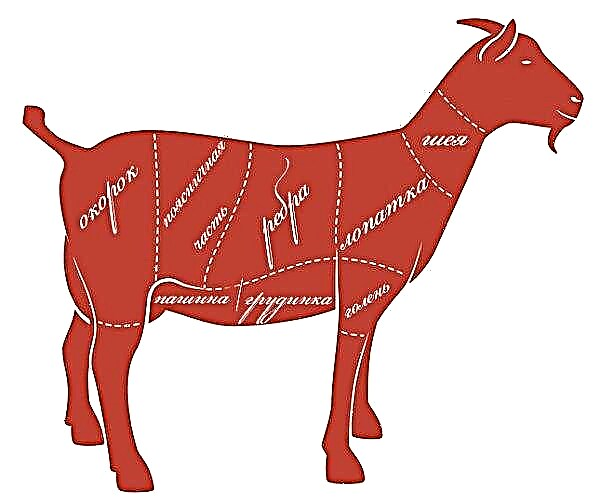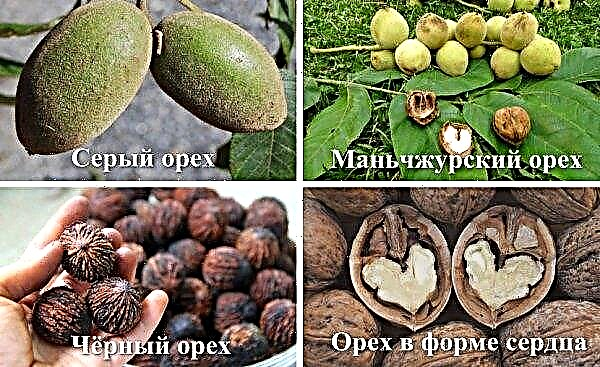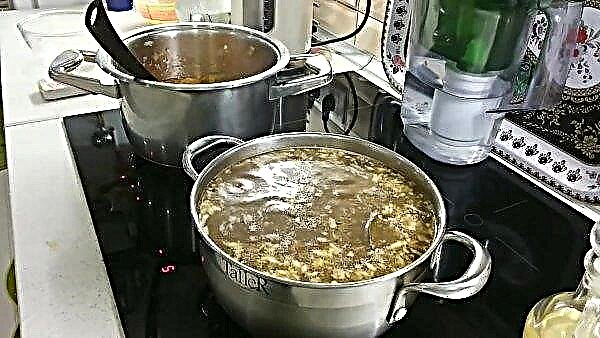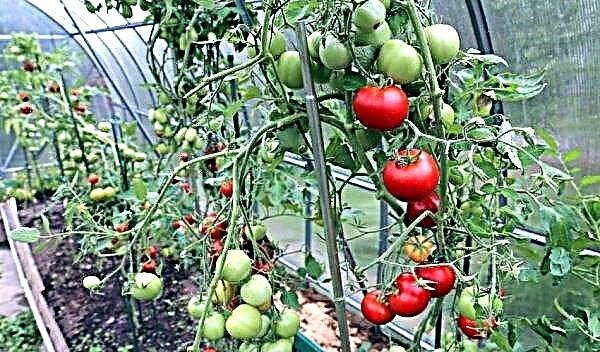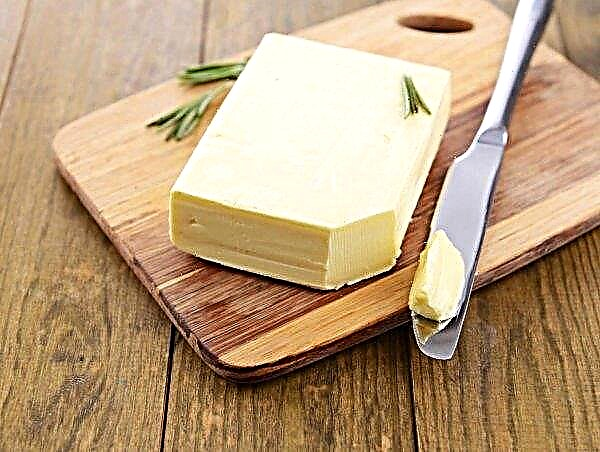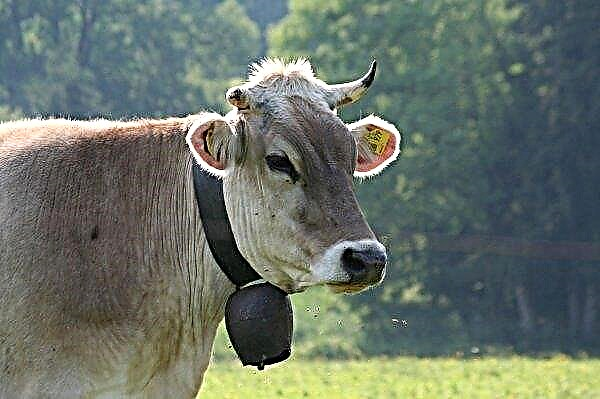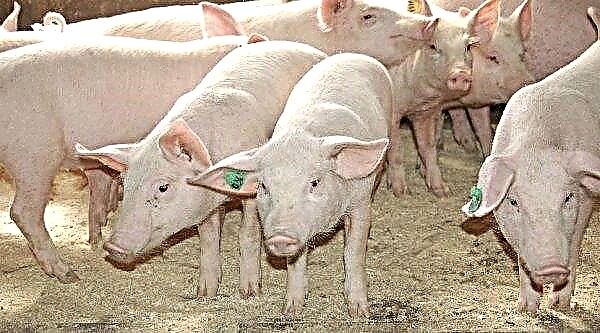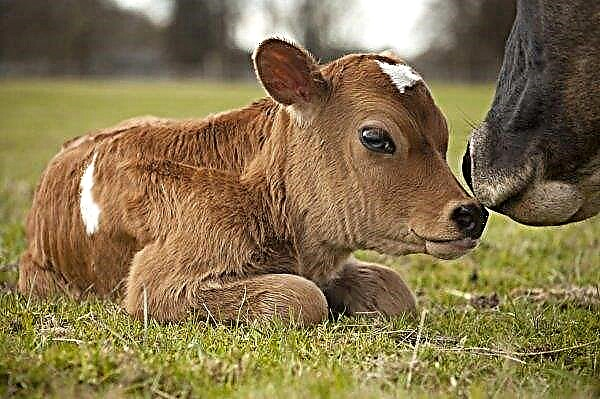A network developed by scientists at their University of Birmingham will help breeders create more sustainable cultures and solve global food security problems, as well as play an important role in preserving nature.
The Internet resource includes detailed information about 150 access points around the world, where about 1260 so-called wild related species (CWR) are concentrated. Wild relatives of crops are cousins of cultivated plants and a huge source of genetic diversity.
Breeders will be able to use the diversity stored in these areas to transmit adaptive traits from wild relatives to home crops to produce new varieties that will yield higher yields and are more resistant to climate change or pests.
Places identified by a team of scientists from Birmingham are mainly located within existing conservation areas, which will help ensure the conservation of these valuable wild species in the future. They contain relatives of the 167 most important crops in the world, listed by the Food and Agriculture Organization of the United Nations (FAO).
Interestingly, most of the identified sites are located in the so-called “fertile crescent”, which includes the countries of the Middle East, such as Lebanon, Egypt, Syria and Turkey - the region of the world where modern agriculture came from.
“Ensuring global food security is one of the greatest challenges of our time, as population growth puts increasing pressure on our food production and natural ecosystems,” explained one of the program’s developers, Dr. Nigel Maxted, of the University of Birmingham School of Biological Sciences.
“The search for new, more sustainable crop varieties that can withstand extreme climatic conditions, be more resistant to pests, or require less water, is a huge priority for breeders. To find this diversity, you need to return to the "original" species - relatives of wild cultures - from which our cultures were domesticated. The resource that we have developed will allow breeders to determine where they can get the necessary plants from which they can then grow vital new climate-friendly varieties, ”said Dr. Nigel Maxted.


